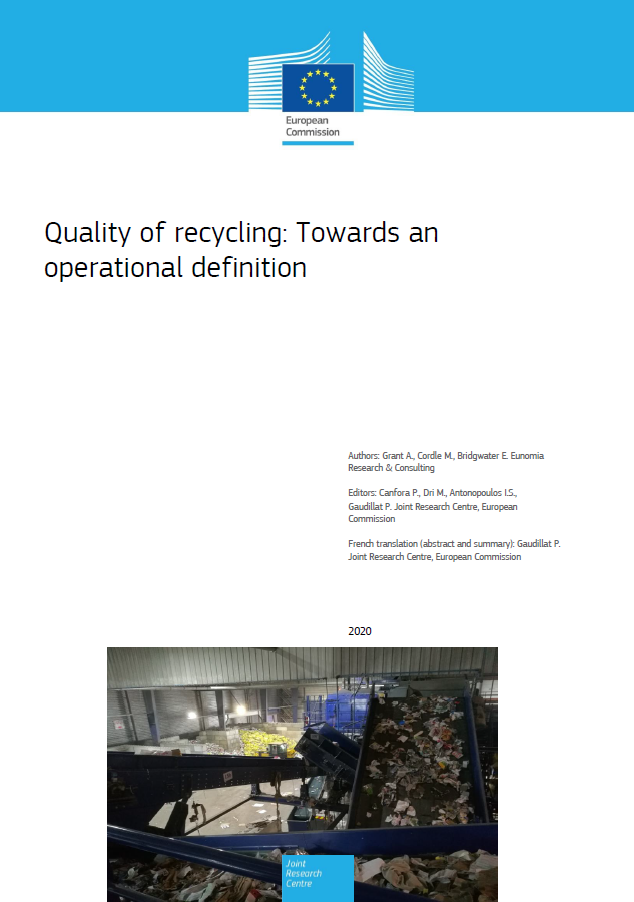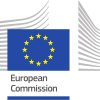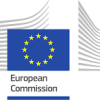
Quality of Recycling – Towards an operational definition
The report focuses on the analysis of data related to the sorting and recycling of household packaging waste. The project's goal is to aid the DG JRC in enhancing understanding of household packaging recycling by examining the impact of internal and external factors on sorting and recycling plants that handle these materials.
The project's objectives are to:
- Define "quality of recycling" for various types of household packaging plants in the EU, including dry recycling, plastics, paper, and glass plants.
- Investigate factors influencing recycling output quality and quantity, encompassing material input composition, loss rates, equipment, management, standards, and regulatory considerations.
- Utilize findings to derive practical measures for improving both the quantity and quality of household packaging recycling.
The report proposes an operational definition of "quality of recycling" as the extent to which material characteristics are preserved or recovered throughout the recycling chain to maximize their reusability in the circular economy. This definition serves as a basis for assessing recycling quality and can guide policy formulation.
The text emphasizes the importance of defining quality to guide policy and promote the use of higher quality secondary raw materials. The distinction between recycling and high-quality recycling is highlighted, where the latter preserves material characteristics relevant to reusing them in key product sectors.
The report introduces a framework for assessing recycling quality at various levels, including the use of secondary raw materials in products, suitability of plant outputs for different applications, and the possibility of achieving quality outcomes from sorted packaging materials. Quality categories are suggested for different packaging materials such as glass, paper, and plastics (PET), with considerations for characteristics like color, contaminants, and product-specific suitability.
Additionally, the report acknowledges the economic implications of quality improvements, as they may impact processing costs, revenue, and demand for high-quality materials. The report suggests that implementing standards for measuring recycling quality aims to ensure that sorted material is suitable for the subsequent stages of recycling processes.
The proposed quality framework can be used by different stakeholders for assessing and tracking recycling quality. It can serve as a performance metric for waste management companies, aid in determining sorting needs for municipalities or producer responsibility organizations (PROs), and guide strategies for increasing recycling quality.
Overall, the report contributes to understanding how to measure, assess, and enhance the quality of recycling processes, ultimately promoting resource circularity and sustainable practices within the packaging waste recycling sector.






Quality of Recycling – Towards an operational definition 0 reviews
Login to Write Your ReviewThere are no reviews yet.